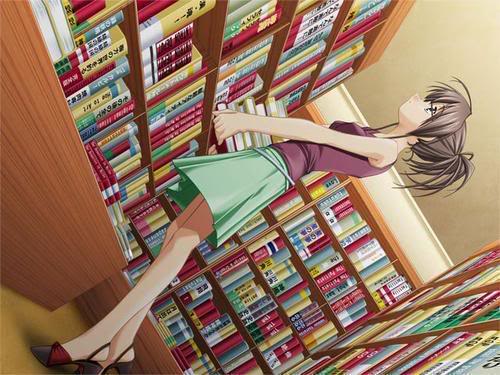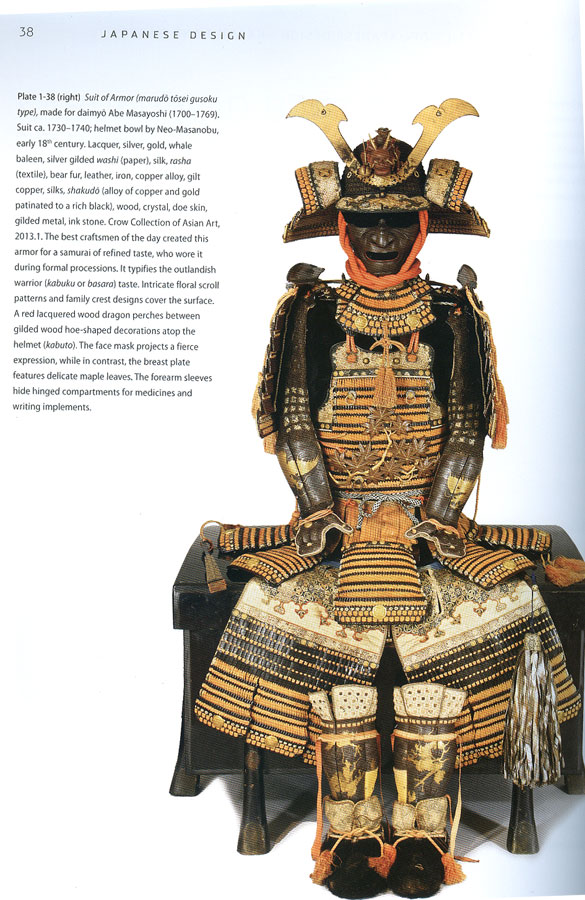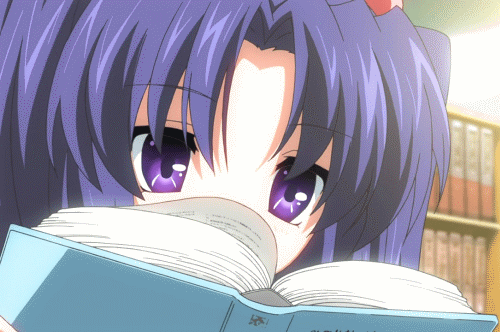 Before I got into anime, before I got into studying Japanese culture, I was a book lover. I grew up ravenous, reading every book in my school library’s science and fantasy sections. Few experiences in life match the musty, ancient scent of a book old enough to be a great-great grandparent. The touch of paper–how old was the tree before it gave its life to spread human knowledge?–between my fingers whets my appetite for knowledge.
Before I got into anime, before I got into studying Japanese culture, I was a book lover. I grew up ravenous, reading every book in my school library’s science and fantasy sections. Few experiences in life match the musty, ancient scent of a book old enough to be a great-great grandparent. The touch of paper–how old was the tree before it gave its life to spread human knowledge?–between my fingers whets my appetite for knowledge.
Yes, before I was a Japanophile I was a bibliophile. I still am. Inked conversation torrid on the page excites me. People, hundreds–no, thousands–of years gone can whisper into our ears. Stories and facts, drivel and the sublime, are available for those who merely look.
Then came the e-reader and the online world.
The inked order of books scattered across the digital ether, free of their bindings. Anyone can share their stories and their facts, their drivel and their sublime. You’d think with such open access people would be able to seek out new worlds and boldly go where they haven’t read before.
Well, you’d be wrong.
The rise of the internet and social media allows people to wall themselves into rooms of their own making. The voices echo without any naysayers until we believe the world works so. The messages our minds consume shapes how we think. It strikes me as odd how the age of open access has increased this trend more than the closed world of books. Or perhaps we simply have more studies on this human tendency. We don’t like to be wrong, after all.
E-Readers and Books on Electrons
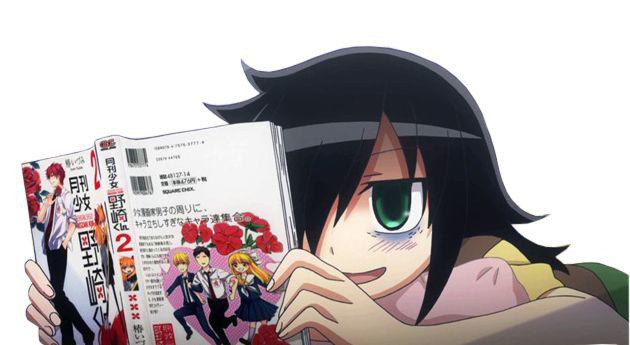
But as a librarian, I like them because they encourage reading. But then, I also dislike them because of the hassles companies make. Ebooks can be copied to devices any number of times, yet companies use old book models to protect their profits. Okay, I get it as an author. After all, I want my books to make money so I can write more than I can now. However, efforts to enforce the old model create issues for accessibility. It strikes me as odd how ebook lending libraries have limited copies available. Not to mention, ebooks are overly complicated for those who struggle with basic computer skills. I encounter this issue regularly at the library.
Each day, I work with older library users who love their ereaders (they love the ability to change font sizes). But the complication of downloading ebooks leaves them confused. Do I want a Kindle file? Epub? Nook? What’s a MOBI? Techies like us like to see these under-the-hood options, but it scares anyone who doesn’t understand computers. Is is better to hide all of this and let the device handle it behind the scenes. Some of this is compounded by publishers insisting in digital rights management and other access limitations. It is getting better, however. New apps like Libby do a better job of hiding the headaches.
The Bibliophile and the Manga Fan
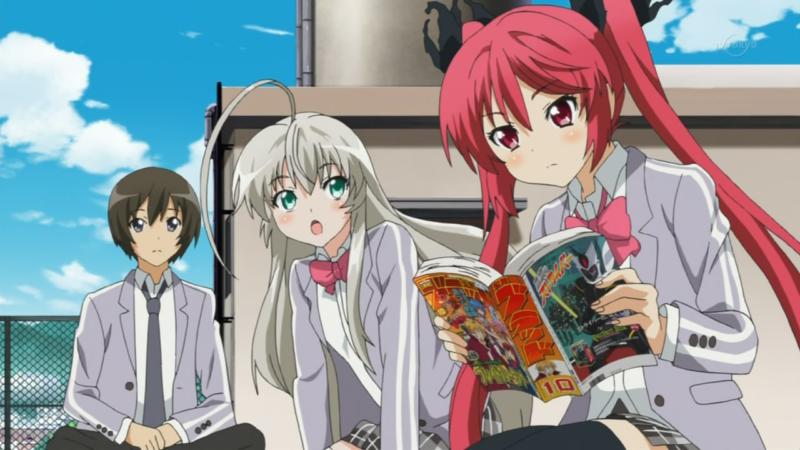
Online manga and books skip one of the pleasures of physical media: the bookshelf. The sight of a bookshelf is part of the culture of the book. If you want to learn about someone, you browse their bookshelves. Their organization, their titles, and their state of wear reveals a fair bit about a person. Bookshelves are quite private despite being publicly displayed. So too with manga collections.
E-readers, however, are even more private. It is socially frowned upon to grab an e-reader or phone and start looking through it. Although people who own e-readers typically own books as well.
The Times Are A-Changin’
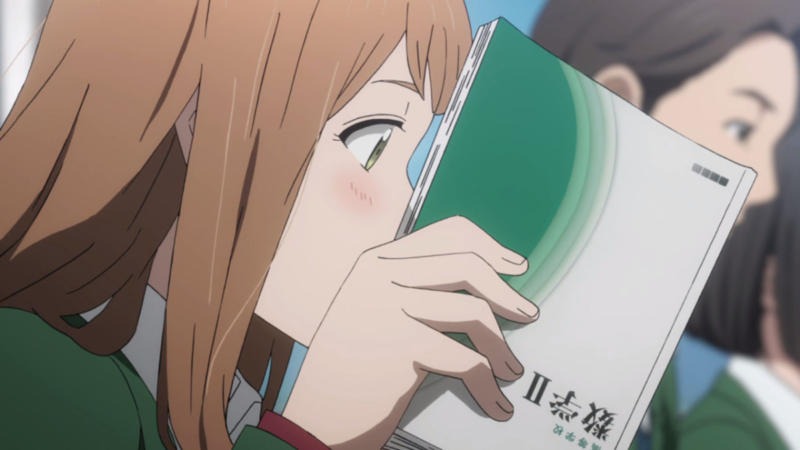
You’ve probably read online scanlations of manga at one point or another. The access is great, but part of the culture of the book is the collection as I’ve mentioned. As more books go online, it will become harder to collect our favorite series. But change is part of life.
This post is rather personal. I dislike reading ebooks unless I am researching a project. But I don’t really have anything against them. If you love ebooks, great! I am a bibliophile. A home must have books to be a home. While more people read more than ever (which is excellent!) I ponder the fate of the bookshelf. Normally, I try to keep abreast on change. I believe everyone needs to learn new technology and adapt to the rapid pace of change. If you don’t, eventually you won’t be able to function in the modern world. I know how to use Kindles, Nooks, and other e-readers, but I don’t own any. Nor do I plan to do so anytime soon. In this, I choose to resist. I will learn how to use each new version, but I likely won’t use them myself. Now, you can be a bibliophile and use e-readers. In fact, most do. But I already stare at screens for most of my waking hours. Books, newspapers, and magazines are the few sanctuaries I have from glowing screens of text.
What are your thoughts on the shift toward e-reading? Are you a bibliophile? Do you worry about the future of books? Let’s discuss.
